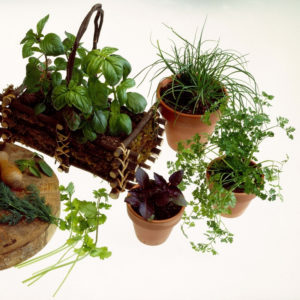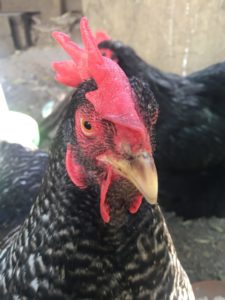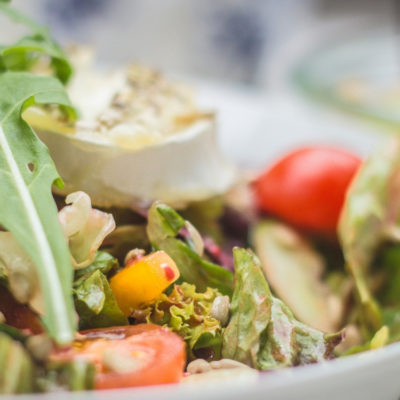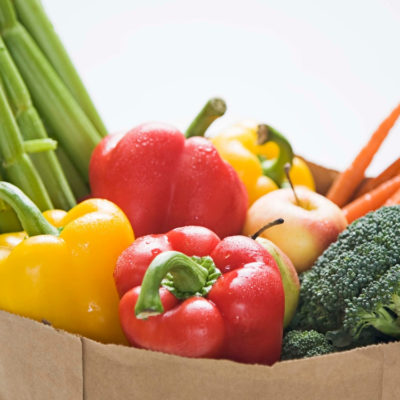We all want to be healthy and live on a healthy planet, so most people have a vested interest in eating healthy, sustainable food.
The Great Food Transformation
The EAT-Lancet Commission report on healthy eating from sustainable worldwide food systems was released this month. It was written to address two major issues:
- World food production is a major factor in climate change and
- Many of the world’s population are either undernourished or overnourished and following eating patterns causing chronic health conditions and even some cancers.

The report quantitatively describes a universal healthy reference diet for the world’s population which reduces the negative environmental effects of our current worldwide eating patterns, many of which are high in unhealthy foods. This healthy reference diet is based on an extensive literature review of foods, dietary patterns and health outcomes.
For the world’s population to live sustainably we need to adjust how we eat. The report calls for a transformation. It has the major bonus of improving our health! That is definitely a win-win situation!
While it does give recommendations for amounts of foods, you and I are individuals and have individual requirements, so take it with a grain of salt, so to speak. However, we can all do a whole lot more to eat better and more sustainably.
So just what should you be eating to eat sustainably?
The report recommends:
- Eating as little processed and packaged food as possible.
- Having only 5% of our total daily energy from added sugars – up to 30g/day.
- Eating more plant-based proteins.
- Eating more legumes, nuts, fruit and vegetables.
- Choosing wholegrains rather than refined white varieties of breads, grains and cereals.
- If you choose to eat meat, eating more white meat like poultry, or alternately, fish or eggs.
- Cutting back on red meat and processed meats.
- Optionally including dairy products in moderation.
- Choosing healthy oils like olive oil or sunflower oil – 20-80g/day.
Overall, the recommended dietary pattern is omnivorous, you could call it flexitarian (eating meat rarely), or a vegetarian or vegan.
Not everyone will choose to follow all of these guidelines, let alone the quantities recommended in the report. But you could choose to follow some of them. It will result in a healthier you and a healthier planet.
What else can you do to eat more sustainably?
- Cook most foods from scratch

- Buy locally grown foods rather than those imported or which have been transported over vast distances. Check out your local farmers markets or even small green grocers which might buy locally.
- Buy foods in season – they will be cheaper usually, too.
- Buy less processed foods in bulk. That way you aren’t throwing away lots of packaging.
- If you aren’t vegetarian, eat 2 or 3 vegetarian meals every week.
- Don’t waste food – freeze leftovers for lunches, blanch and freeze fruit or vegies which won’t last a bit longer in the fridge. At worst, give your chooks the leftovers!
- Grow some of your own food, even a few herbs in pots or mixed lettuce in the garden bed.
- Drink tap water and carry your own reusable water bottle when you go out.
- Use a keep cup for takeaway tea or coffee, too!
These suggestions really only scratch the surface of eating sustainably. Choose a couple of them and try them this week, add a couple more next week and see how you go.
I want our planet to be around for my kids and their kids…
contact dale if you would like help to work toward achieving your health goals.
register here to receive Dale’s blog update in your inbox each week.







Comments (0)